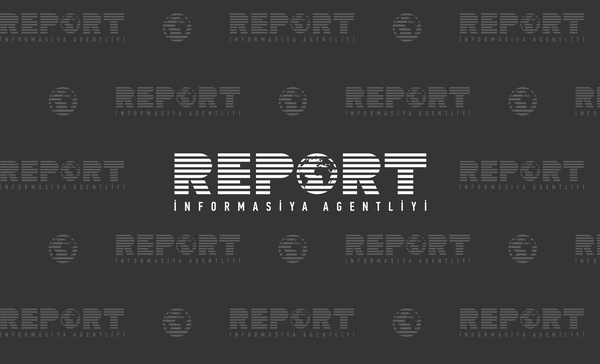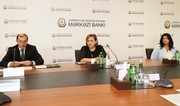International rating agency S&P Global Ratings predicts that most emerging markets (EMs) in Europe, the Middle East and Africa (EMEA) will maintain a cautious approach to implementing banking regulation regimes in crisis situations, noting the successful reforms carried out in Azerbaijan's banking sector, Report informs referring to S&P Global Ratings.
"Some countries, such as Azerbaijan and Kazakhstan, are implementing reforms to improve the quality of their regulation and supervision. For others, the lack of transparency, the volatile institutional landscape, and political interference are among the factors that shape our assessment. Therefore, we expect that for the majority of these countries and where no legal resolution framework exists, regulators will continue to use ad hoc solutions to face any banking crisis. In some countries, for example, banks are allowed to operate while in breach of the minimum capital adequacy requirements for a prolonged period. Also, in some countries, the legal framework that allows the regulators to intervene and take direct action for banks facing difficulties may need some strengthening," S&P noted.
"Resolution planning considers what happens if a systemically important bank fails to recover--that is, if it becomes nonviable. At this stage, it consists of regulators identifying the best approach to stabilize the institution and how to avoid contagion to other parts of the financial system while winding down the unviable segments of the business," reads the update.
S&P analysts also highlight a number of countries in Central Asia and the South Caucasus that have advanced in developing and implementing banking resolution mechanisms. The most notable progress has been made in Azerbaijan, Armenia, and Kazakhstan.
"Georgia is another country that decided to adopt a resolution regime. The country has already introduced legislation to create a resolution fund and introduced a minimum for own funds and eligible liabilities (MREL) for the three systemically important banks of the country. It has also dedicated resources to the Resolution and Liquidation Division within the central bank and is in the process of putting the resolution framework into effect."







